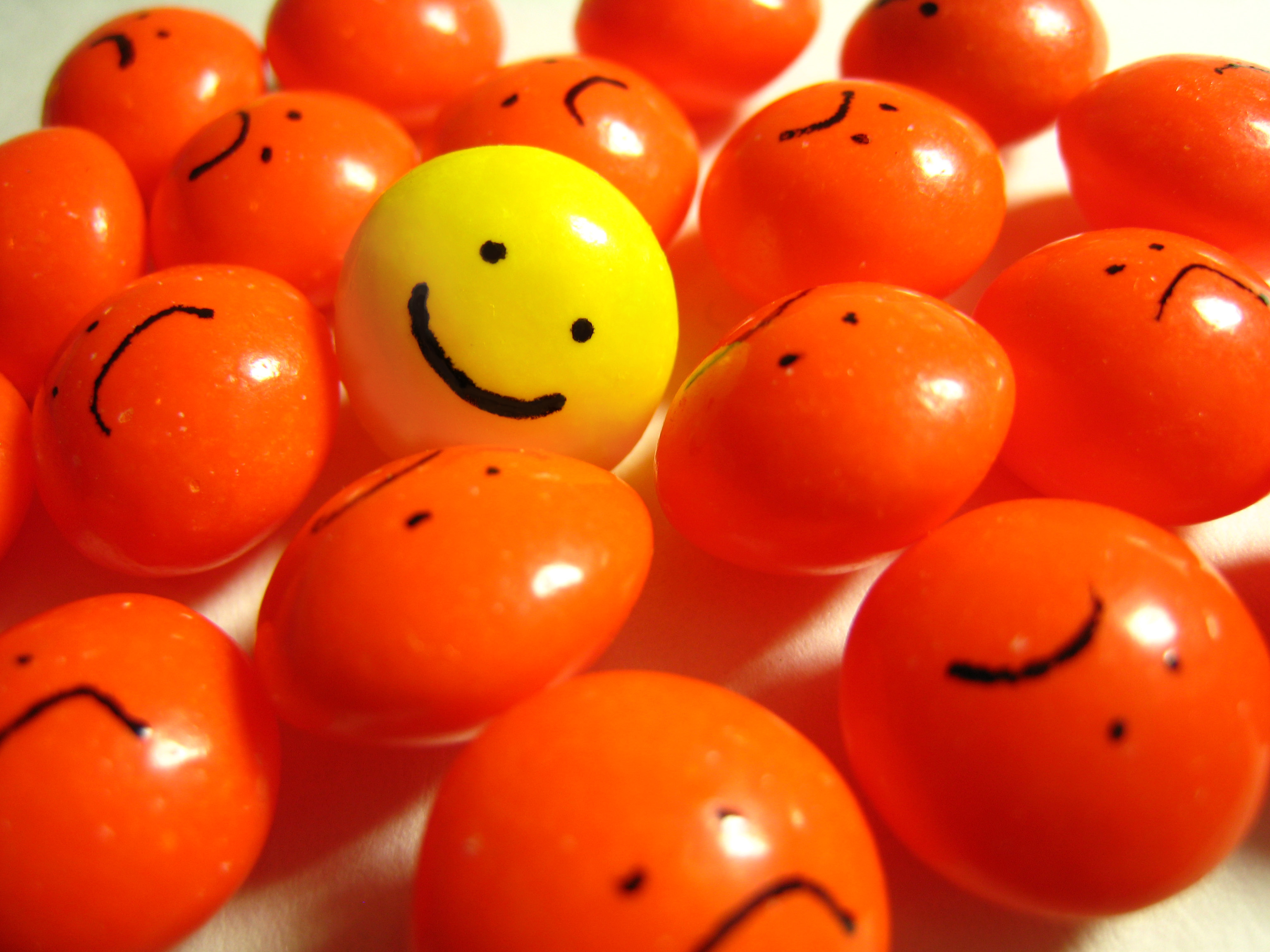Gut bacteria has been recently linked to anxiety, but that’s not the end of the story.
Now, many psychiatrists are asking what their patients eat. It’s all part of a new concept called “nutritional psychiatry.”
A lot of psychiatrists aren’t used to it. One psychiatrist, Drew Ramsey, MD, told WebMD: “Traditionally, we haven’t been trained to ask about food and nutrition. But diet is potentially the most powerful intervention we have.”
There’s now a pretty solid link between diet quality and mental disorders like depression and anxiety, no matter what age. Here are just some of the ways that science has connected your diet to your mental health:
It helps your brain develop. Eating whole, unprocessed foods with lots of nutrients, they become the building blocks of our brains. Everything from proteins to neurotransmitters are affected by what you eat.
It helps your gut bacteria. As mentioned before, gut bacteria is directly linked to your brain function, since it helps with creation of B vitamins. A good diet full of probiotics can also help lower gut inflammation, which can help inflammation in general. ##MN_RESP##
It helps your brain keep growing. Some nutrients are linked to changes in brain proteins that can help your brain cells make connections they couldn’t without them. Omega-3s and zinc are good for this.
Some of the best things you can eat to improve your mental health are B vitamins, iron, omega-3s, zinc, and any fermented food. These foods help to reduce stress, anxiety, and depression, and keep your brain healthy.
Of course, managing your mental health with your diet may not work for you. Always make sure you talk to your psychiatrist or general practitioner before trying to treat your mental health this way.
Do you eat any foods that keep your brain healthy?
Photo Copyright © 2009 jessicahtam/Flickr





